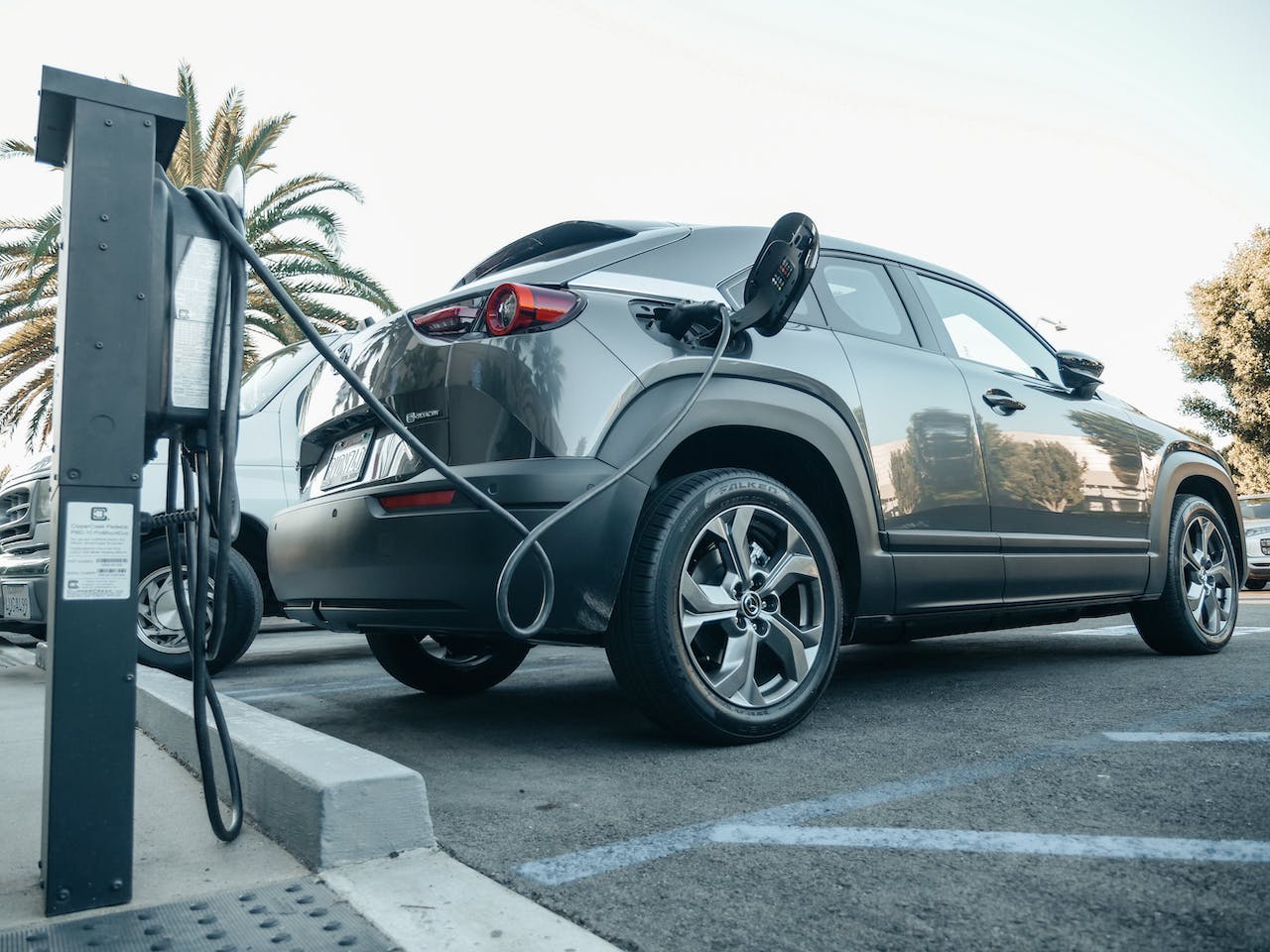If you’re planning to electrify your fleet, we’ve got an essential guide to devising and implementing your EV adoption strategy.
In this post, we’ll explore some things you should consider when it comes to installing electric charge points for your fleet. We’ll cover the government targets and grants, as well as some risks to think about.
If you want some advice and support on the risk management and insurance implications of electrifying your fleet, our friendly team of commercial motor experts are always on hand to help. Call us on 020 8290 9099 or email us at commercial.motor@anthonyjones.com.
Electric Charging Point Government Targets
The UK Government announced an Electric Vehicle Smart Charging Action Plan in January 2023. As part of this plan, all new charging points installed from July 2022 have been required to include smart functionality as standard.
Smart charging means charging electric vehicles at times when electricity is cleaner or cheaper. It also means that businesses can power their premises using the electricity stored in electric vehicles when they’re not in use.
You can read our full guide to the Smart Charge Action Plan.
More recently, the government announced a zero emission vehicle (ZEV) mandate, which required that, from 2024 onward, 22% of cars and 10% of vans sold by manufacturers should be electric. The ultimate target is that all new cars will be zero emission vehicles by 2035.
Government Grants for Electric Charging Points
If you want to install charging points at your business premises, you can apply for the Workplace Charging Scheme (WCS). This scheme can cover up to 75% of the costs of installing charge points, amounting to up to £350 per socket, for a maximum of 40 sockets.
To be eligible for the WCS:
- Your business must have a Companies House Reference Number.
- You need to own your business premises. If not, you need your landlord’s permission to install chargers.
- You must use a government-authorised EV charge installer.
You can learn more about the WCS – including how to apply for a grant – on the government’s website.
There are also grants available for purchasing certain low-emission vehicles, including vans. However, you do not need to apply for these grants. Instead, manufacturers and dealerships include them as discounts in their purchase prices.
Learn more about the government’s low-emission vehicle grants.
Installing Electric Charge Points for Fleets – Understand The Risks
There are numerous risks to consider when installing electric charging points at your business premises:
- Fire – Electric cars run on lithium ion batteries, which carry a fire risk in some situations.
- Liability – You’ll have certain liabilities as a provider of electric charging points. You’ll also have certain liabilities to whoever uses the points to charge their vehicles.
- Cybercrime – As we mentioned above, all new charging points must be “smart” as standard. And any “smart” device presents a potential area of attack for cybercriminals.
Be sure to read our full guide to understanding and managing the risks associated with installing charging points at your business.
Will Your Insurance Cover Your Business For Charging Points?
We have seen a number of businesses make moves to install charging points without giving much thought to the insurance implications.
If you plan on installing charging points at your business premises, consider:
- Whether your sums insured limits are still adequate.
- Your risk management responsibilities as a property owner.
- Your insurer may want to conduct a survey of your newly installed electric charging points for their own records.
Want to discuss the risk management and insurance implications of installing charging points? Get in touch with our team of experts on 020 8290 9080 or email us at business@anthonyjones.com.


